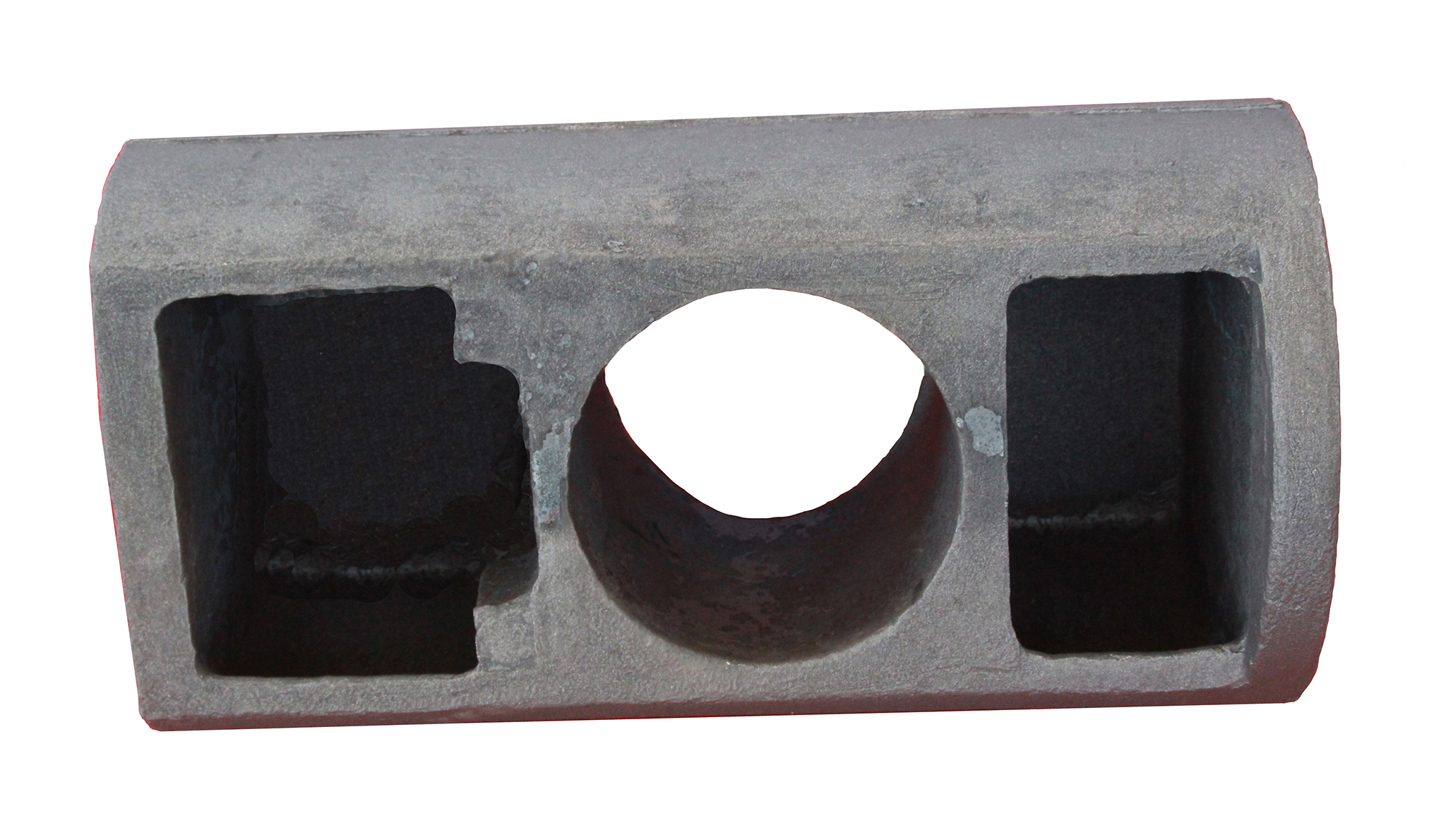ਦਸੰ. . 27, 2024 01:44 Back to list
Understanding the Properties and Applications of Aluminum Series Alloys in Modern Industries
Understanding Aluminum Series Alloys A Comprehensive Overview
Aluminum alloys are widely used in various industries due to their lightweight, corrosion-resistant, and malleable properties. These alloys are categorized into two main types wrought and cast, with each type further divided into series based on their main alloying elements. The aluminum series alloys are classified into nine main series, each designated by a four-digit number that indicates its alloying composition.
1xxx Series Pure Aluminum
The 1xxx series contains at least 99% pure aluminum, making it highly resistant to corrosion and excellent for electrical conductivity. This series is often used in applications such as electrical wiring, reflective surfaces, and food packaging. However, due to its low strength, the 1xxx series is typically not used in structural applications.
2xxx Series Copper Alloys
Aluminum alloys in the 2xxx series are primarily alloyed with copper. They exhibit high strength and excellent machinability, making them suitable for aerospace applications, military equipment, and automotive components. However, they have lower corrosion resistance compared to other series, which can limit their use in certain environments. Common examples include 2024 and 2011 alloys, which are sought after for applications requiring strong yet lightweight materials.
3xxx Series Manganese Alloys
The 3xxx series alloys are mainly alloyed with manganese. They possess moderate strength and excellent corrosion resistance, making them ideal for applications such as beverage cans, heat exchangers, and chemical equipment. Alloys like 3003 and 3105 are commonly used in the construction of roofing sheets and siding due to their durability and aesthetic appeal.
4xxx Series Silicon Alloys
Silicon is the primary alloying element in the 4xxx series, which imparts improved wear resistance and lower melting points. These alloys are commonly used in welding wire and flux materials, as well as in automotive engine components. The 4047 alloy, for instance, is often utilized in applications requiring excellent fluidity and reduced thermal expansion.
aluminum series alloys

5xxx Series Magnesium Alloys
The 5xxx series contains magnesium as the primary alloying element, resulting in excellent corrosion resistance and weldability. These alloys are primarily used in marine environments, as well as in the construction and transportation sectors. Popular alloys like 5052 and 5083 are favored for their strength-to-weight ratios, making them ideal for shipbuilding, pressure vessels, and construction work.
6xxx Series Magnesium and Silicon Alloys
The 6xxx series alloys are typically alloyed with magnesium and silicon, providing good mechanical properties and excellent corrosion resistance. This series is widely used in structural applications such as bridges, buildings, and aircraft frames. Alloys like 6061 and 6063 are particularly popular for their versatility and ability to be extruded into various shapes, making them suitable for a broad range of applications.
7xxx Series Zinc Alloys
Zinc is the primary alloying element in the 7xxx series, which is known for its exceptional strength. This series is primarily used in aerospace applications, including airframes and other high-stress components. Alloys like 7075 are well-regarded for their high strength-to-weight ratio, although they are less resistant to corrosion than some other aluminum series.
8xxx Series Other Elements
The 8xxx series is a catch-all category for alloys that contain other elements such as lithium, iron, or nickel. These alloys are primarily used in specialized applications, such as packaging materials, electrical cables, and aluminum foil. The 8006 alloy, for example, is widely used for food packaging due to its excellent formability and barrier properties.
Conclusion
Understanding the various series of aluminum alloys is crucial for selecting the right material for specific applications. Each series possesses unique properties that cater to different industrial needs. From the lightweight and corrosion-resistant characteristics of the 1xxx series to the high strength of the 7xxx series, aluminum alloys continue to play a vital role in modern engineering and manufacturing. As technology advances, the development of new aluminum alloys and improvements in existing ones will likely enhance their applications, driving innovations across various sectors.
-
A-Rated Cast Aluminum Boilers: High-Efficiency Condensing Gas & LPG
NewsAug.26,2025
-
OEM Cast Silicon Aluminum Alloy Heat Exchanger | Custom & High Performance
NewsAug.25,2025
-
Centrifugally Cast Iron Water Main Pipe | Ductile Iron Solutions
NewsAug.24,2025
-
Durable Cast Steel Concrete Pipe Mold Bottom Rings & Base Trays
NewsAug.23,2025
-
Centrifugally Cast Iron Water Main Pipe for Reliable Mains
NewsAug.22,2025
-
Durable Centrifugally Cast Iron Water Main Pipe
NewsAug.11,2025


